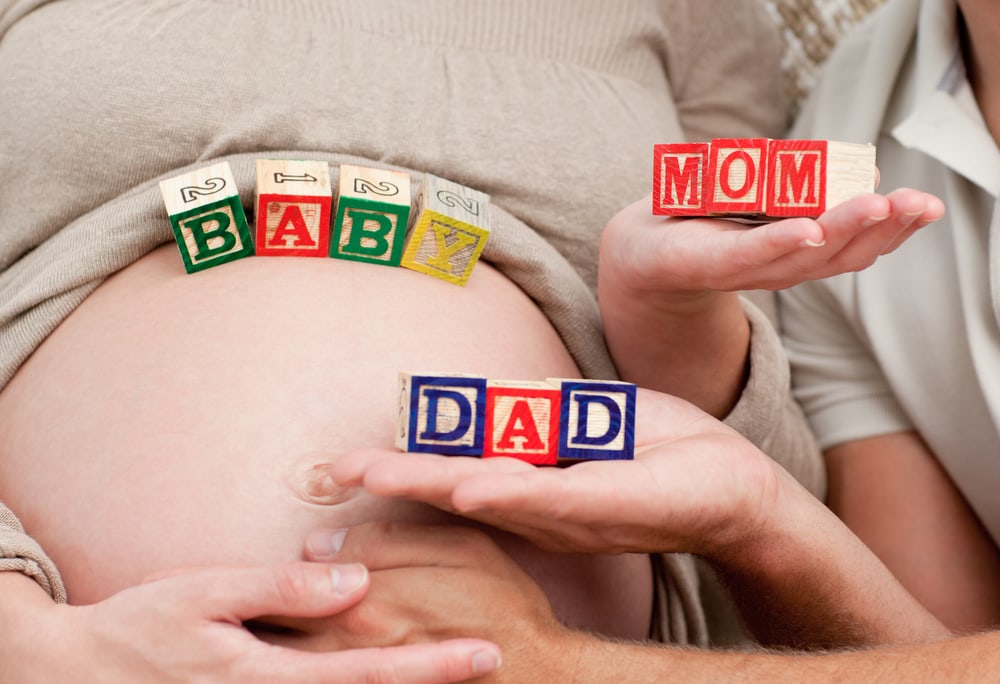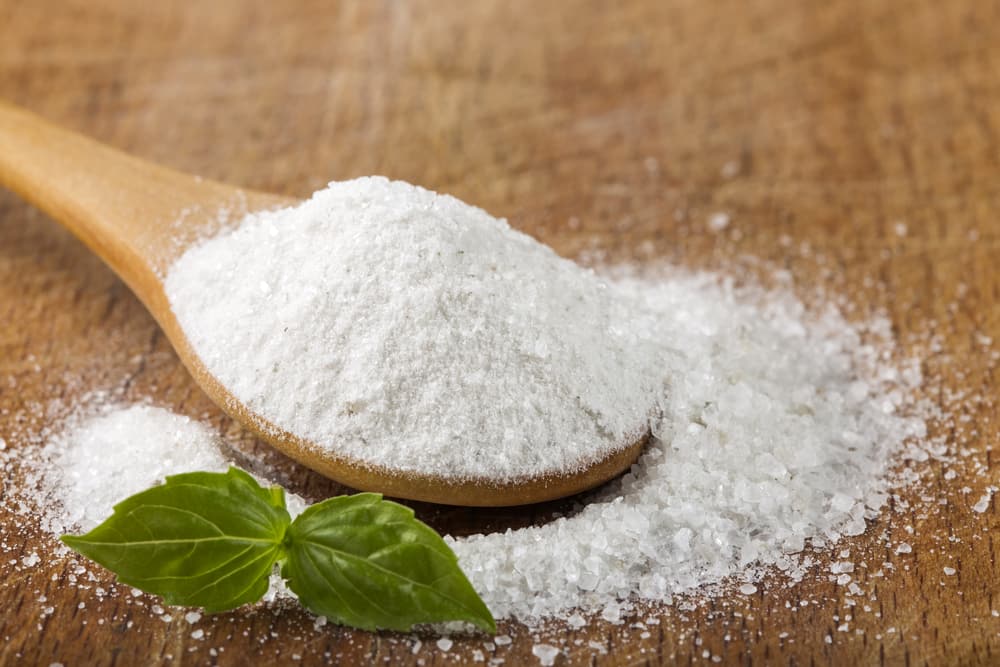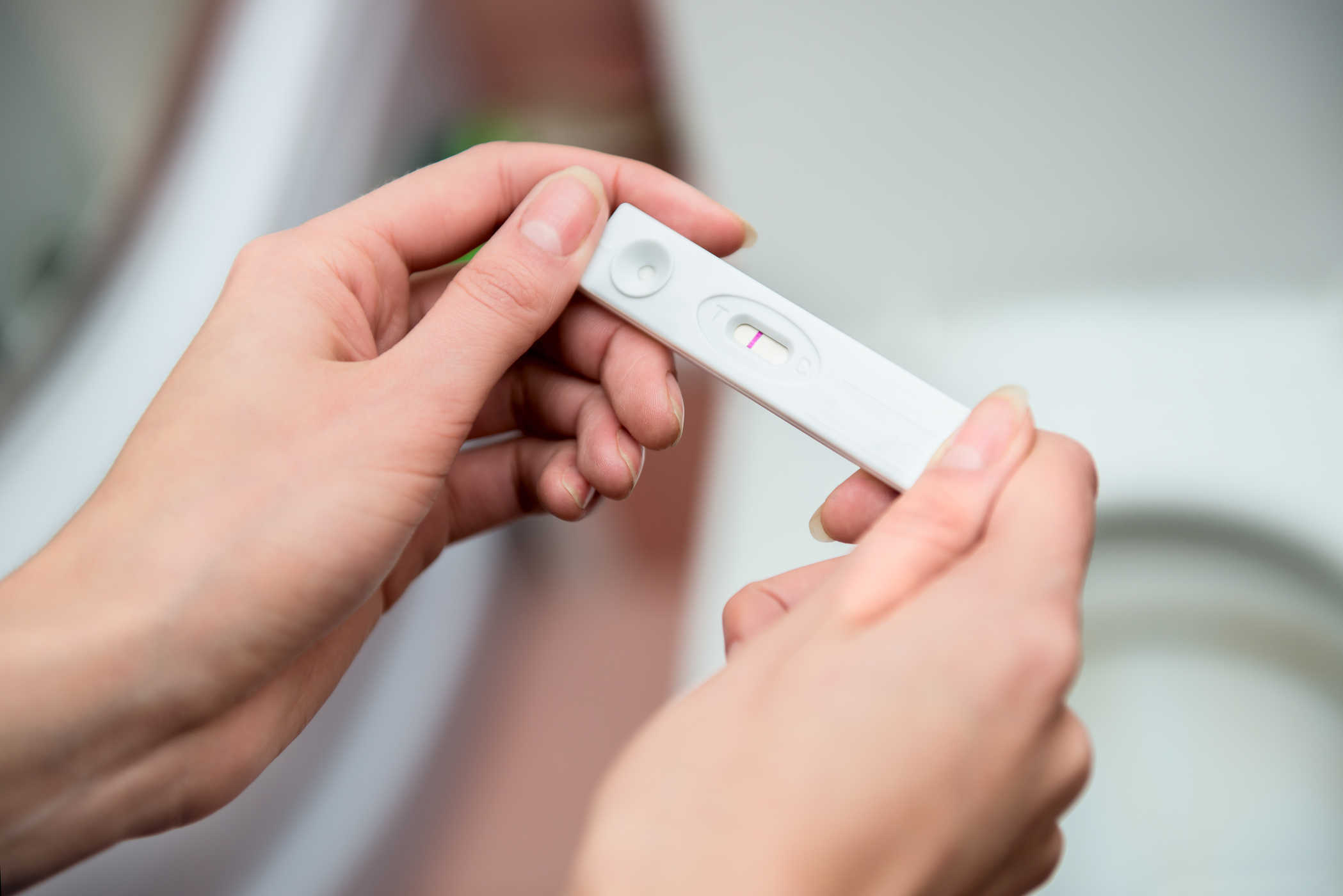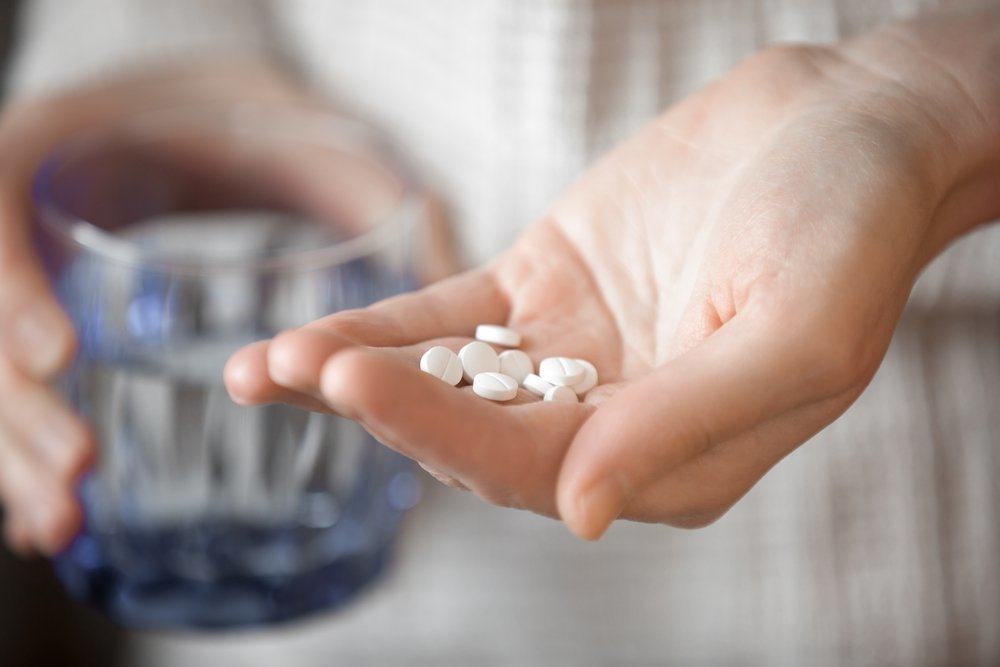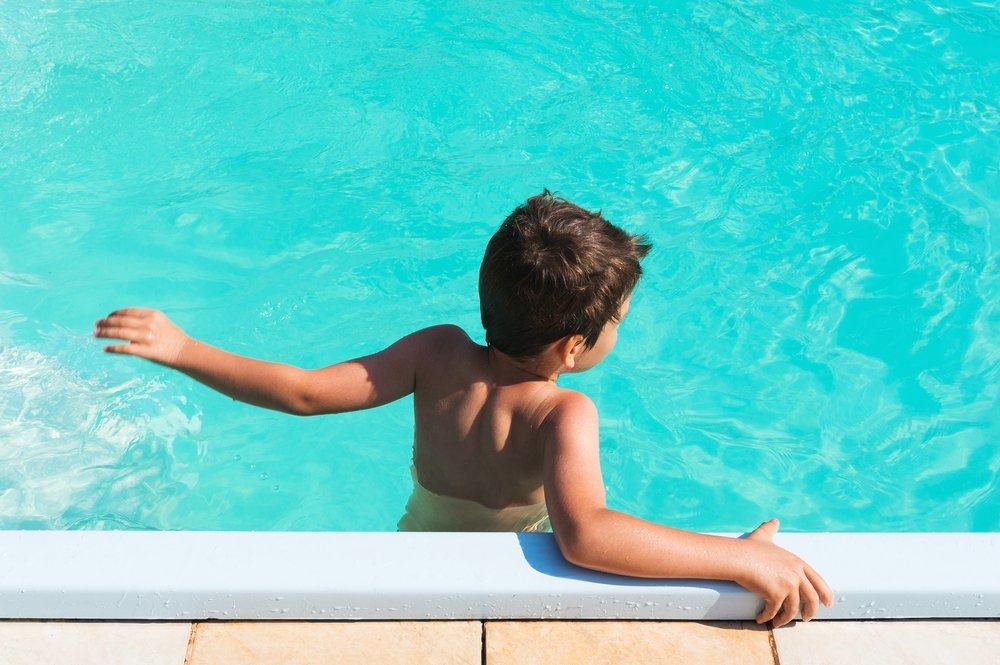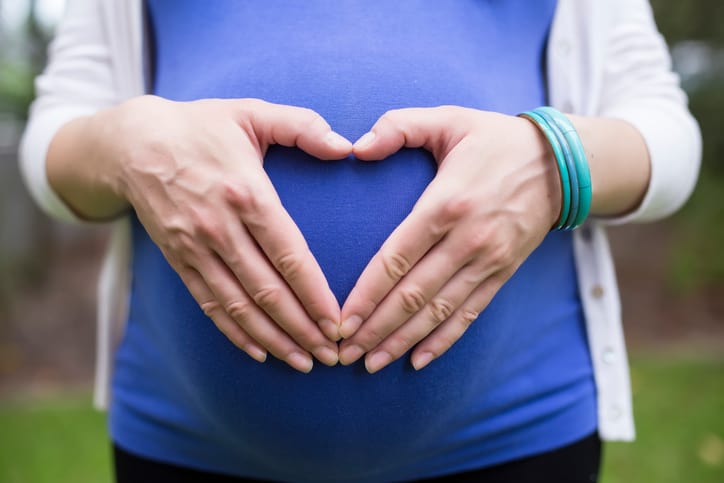Contents:
- Medical Video: How to Empty Your Bowels Without Straining
- Benefits of exercise to cure constipation
- What sports can help facilitate digestion?
- That needs attention
Medical Video: How to Empty Your Bowels Without Straining
Defecation less than three times a week and hard painful stool can be considered constipation. Constipation can happen to anyone. Usually, constipation is caused because you don't eat enough fiber or drink water. What not many people know, exercise can help solve the problem of your defecation. Why is that?
Benefits of exercise to cure constipation
People who actively move tend to have a digestive system that is more fluent than people whose lives are lazy, aka mager. This benefit is achieved through a variety of ways.
First, exercise can control the production of the hormone progesterone which is thought to play a role in constipation. The longer the remaining food stays in the large intestine, the less amount of water absorbed. This can cause the stool to dry out and eventually harden, making it difficult for you to defecate. Decreasing levels of the hormone progesterone can help smooth the movement of food in your intestines.
In addition, exercise increases blood flow throughout the body - which covers your digestive system. When the flow of blood to the internal organs is smooth, the stomach can increase the production of digestive enzymes and the intestines will also be easier to contract. Both of these are needed to move the stool pile to the tip of the intestine to the anus to be removed.
Exercise is also thought to increase appetite. When food intake increases, the frequency of bowel movements increases to digest the food. As a result, the urge to defecate also increases.
What sports can help facilitate digestion?
Exercise that can facilitate the digestive system is a mild aerobic exercise that improves breathing and heart rate. Better heart and lung fitness produces smoother blood flow, thus affecting more efficient bowel movements.
Examples of aerobic exercise that you can do when you have difficulty defecating are walking or jogging 10 to 15 minutes every day, cycling, swimming, or aerobics.
That needs attention
Sports are good for dealing with problems with defecation. But pay attention when you exercise.
Don't exercise immediately after eating. After eating, blood flow should go down to the stomach and intestines to help digest food. But if you exercise right after eating, blood will actually flow more to the muscles of the body that is actively moving. As a result, there is little blood flow to the stomach. This means that the stomach produces only a small amount of digestive enzymes and the bowel movements are slower to push the remaining food to reach the anus. That is why, exercise after eating can actually cause you constipation and bloating.
It's best to exercise before eating or at least one hour after eating. As many people say, wait for your food to go down first. Don't forget to continue to meet your fluid needs by drinking before, during, and after exercising. The intestine will be more difficult to absorb nutrients from food when your body is not properly hydrated.



